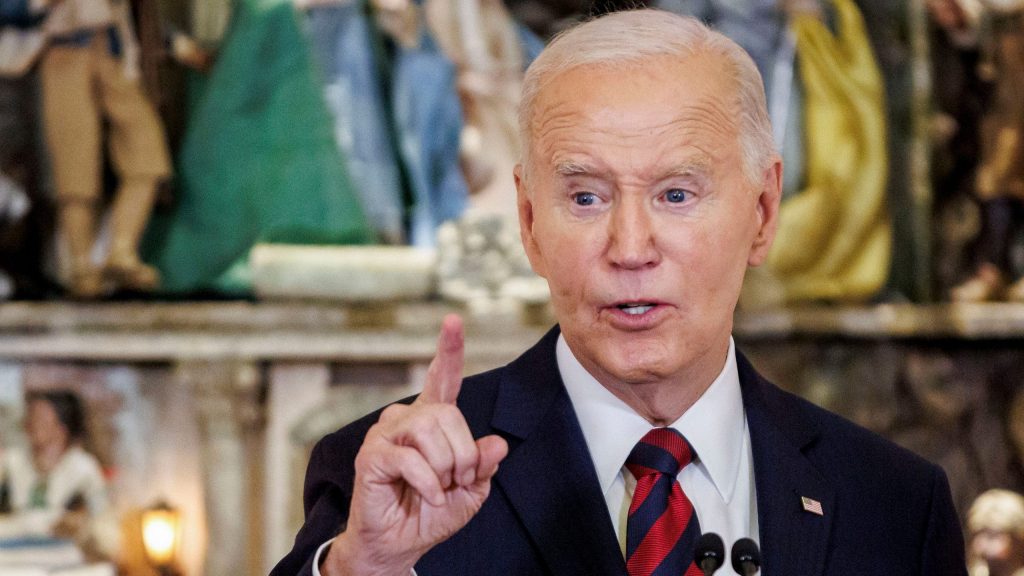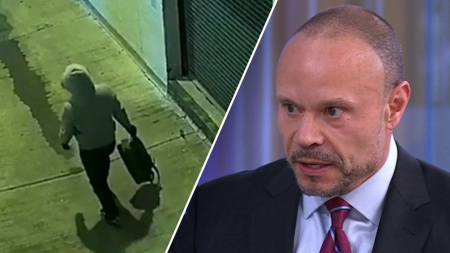President Biden’s extensive clemency grant, encompassing nearly 1,500 commutations and 39 pardons, has sparked a mixed reaction, with Republican lawmakers expressing disapproval and some Democrats advocating for its expansion. The crux of Republican discontent stems from the inclusion of Hunter Biden, the President’s son, in the clemency grant. Hunter Biden’s prior convictions in two separate federal cases, coupled with President Biden’s earlier assurance of not intervening, fueled Republican criticism, with some questioning the President’s credibility and the seemingly arbitrary nature of the clemency decisions. Republican lawmakers like Representatives Anna Paulina Luna, Ralph Norman, Morgan Luttrell, and Andrew Clyde voiced their concerns, highlighting the perceived inconsistency and potential for corruption in the process. Senator Lindsey Graham, while acknowledging the President’s prerogative, emphasized the significant number of individuals included in the clemency grant.
Conversely, Democratic lawmakers largely lauded the President’s actions, framing them as an act of compassion and a step towards criminal justice reform. Senator Dick Durbin commended President Biden for addressing the disproportionate nature of sentencing in the justice system and urged him to continue utilizing his pardon power to rectify miscarriages of justice. Senator Peter Welch echoed this sentiment, emphasizing the non-violent nature of the offenses and the absence of any threat to public safety. Representative Dan Goldman expressed support for the use of presidential pardon power to rectify systemic inequities within the criminal justice system. However, some Democrats, like Representative Pramila Jayapal, chair of the Congressional Progressive Caucus, called for even broader clemency, specifically urging the President to extend pardons to those on death row.
The divergence in perspectives underscores the inherent complexities and political implications of presidential clemency. Republicans viewed the clemency grants, particularly in the case of Hunter Biden, as an abuse of power and a betrayal of public trust. Their concerns revolved around the perceived lack of transparency and the apparent disregard for the severity of the offenses committed. Conversely, Democrats interpreted the clemency grants as a necessary step towards addressing systemic inequalities within the criminal justice system, focusing on rehabilitation and second chances for non-violent offenders. This contrasting narrative highlights the inherent tension between principles of justice, mercy, and political considerations in the exercise of presidential clemency.
The sheer scale of the clemency grant further amplified the debate. President Biden’s decision to commute the sentences of nearly 1,500 individuals and grant 39 pardons in a single day represents a significant departure from the more cautious approach adopted by some of his predecessors. This bold move, while praised by some as a demonstration of compassion and commitment to reform, simultaneously raised concerns among others about the potential for overlooking crucial details in individual cases. Outgoing Senator Joe Manchin, reflecting on his own experience as governor, emphasized the importance of thorough due diligence and community input in clemency decisions, subtly suggesting the need for careful scrutiny of the President’s choices.
The debate also touched upon the broader philosophical implications of clemency within the context of American democracy. Senator Durbin invoked the intentions of the Founding Fathers in advocating for the use of presidential pardon power to address injustices. This historical perspective underscores the enduring relevance of clemency as a mechanism for correcting errors within the judicial system and tempering the sometimes harsh realities of punitive justice. However, the potential for political influence and perceived favoritism casts a shadow over the process, raising questions about the impartiality and objectivity of clemency decisions.
Moving forward, the controversy surrounding President Biden’s clemency grant is likely to persist, serving as a microcosm of the broader political and ideological divisions within American society. Republicans are likely to continue scrutinizing the individual cases included in the grant, seeking evidence of impropriety or undue leniency. Democrats, on the other hand, are expected to advocate for further expansion of clemency powers, pushing for a more compassionate and rehabilitative approach to criminal justice. This ongoing debate will continue to shape the discourse surrounding presidential clemency, testing the balance between principles of justice, mercy, and political considerations.










